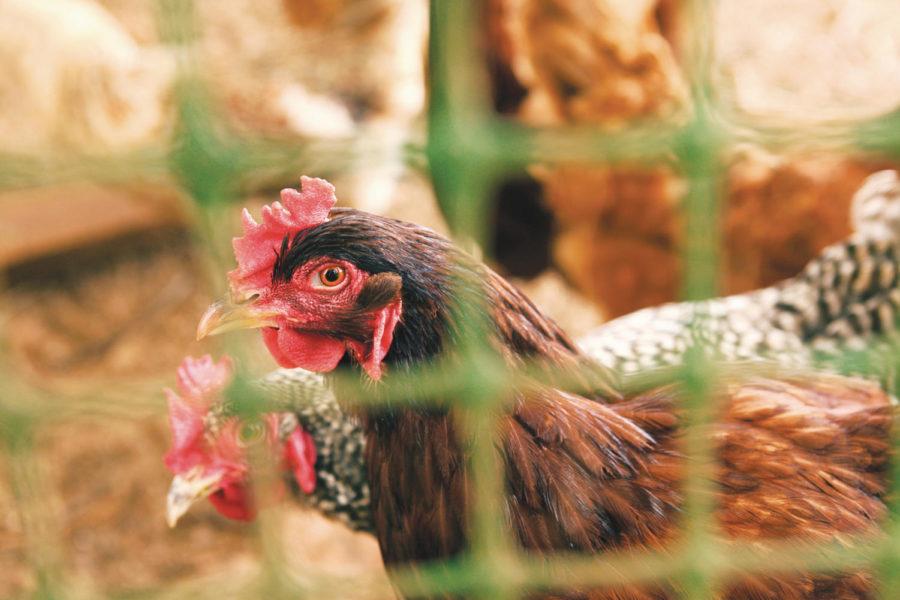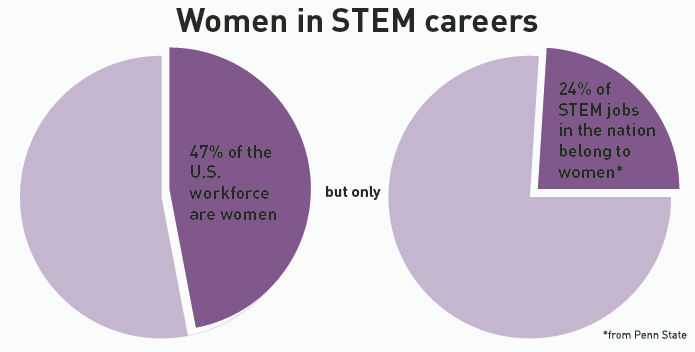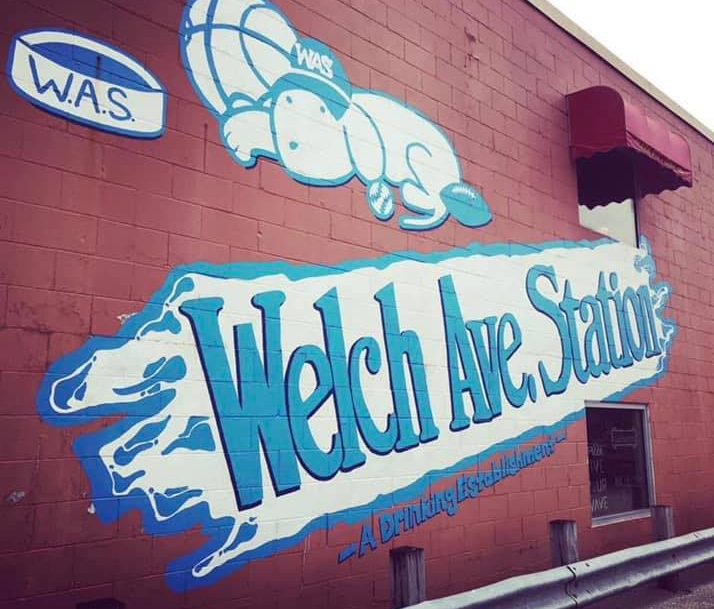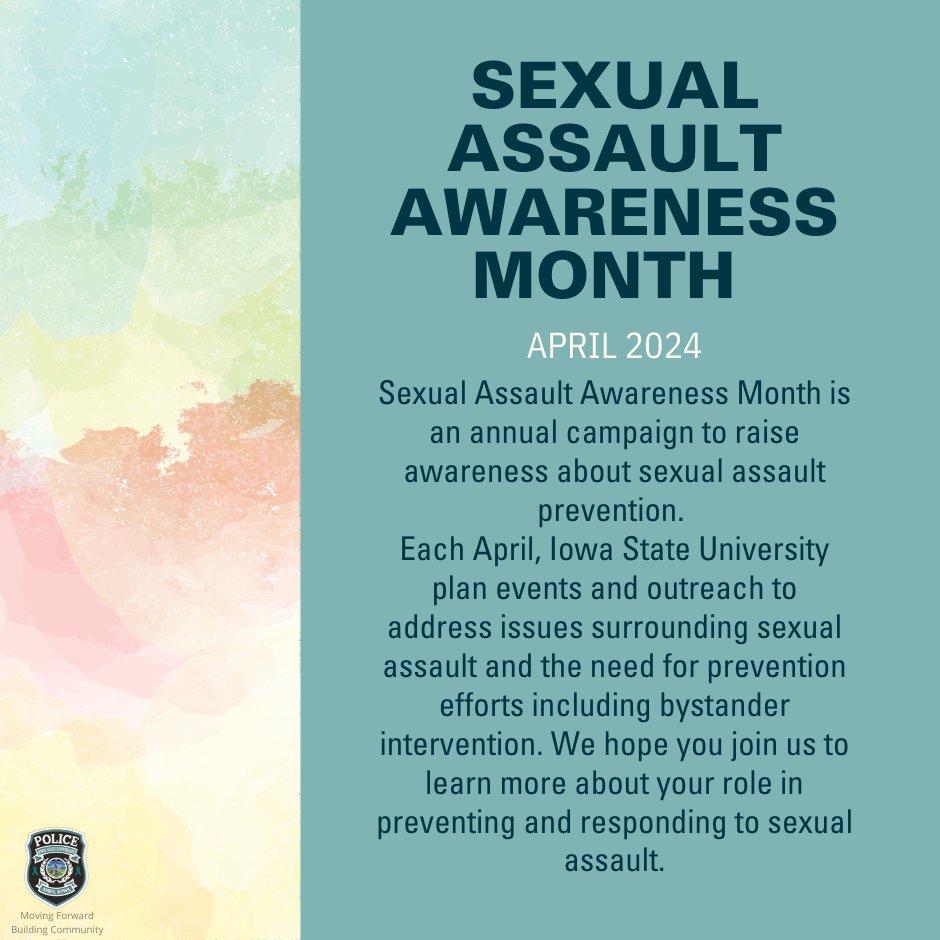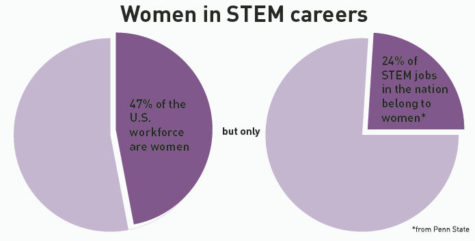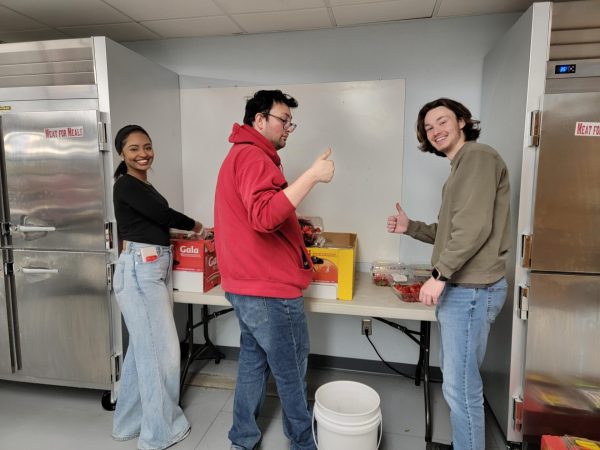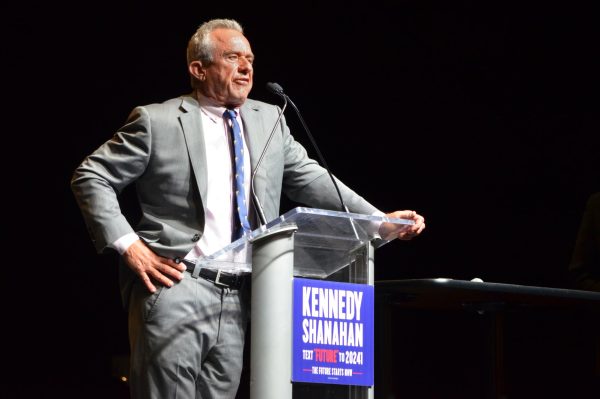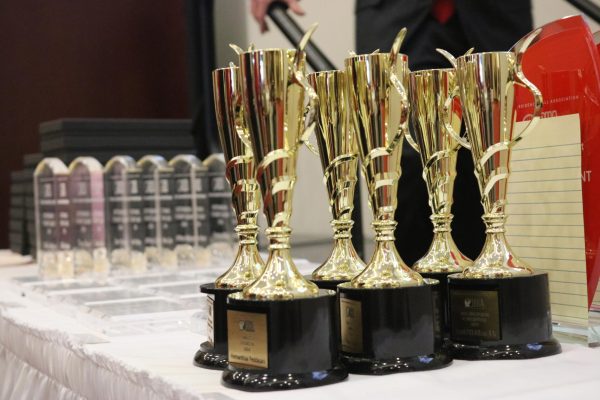‘Ag gag’ bill raises questions about legislation’s legality
March 18, 2012
Two weeks ago, Gov. Terry Branstad signed House File 549, an “ag gag” bill that has made it illegal to expose incriminating undercover evidence of animal abuse.
This is a new concept brought to the issue of whistle-blowing for animal abuse in the agricultural industry and is being called a threat to the health and safety of consumers along with violating the freedom of the press.
Before this bill, what the farms had to protect themselves was “good old-fashioned trespassing,” said Barbara Mack, who is a lawyer and associate professor of journalism and communication. “What I don’t understand is why it’s even necessary.”
The issue became a nationwide topic after videos filmed by undercover activists hired as farm workers exposed apparent mistreatment on farms. One of the videos by Mercy for Animals highlighted Hy-Line International, the world’s largest egg-laying hatchery in Spencer, Iowa.
The video is graphic and shows male chicks just hatched being put on conveyer belts, sorted from the females and tossed into grinders alive. The females are debeaked and put in crates to be shipped throughout the states.
The newly passed law makes it more difficult for activists to get access undercover to make such videos.
“This bill moves this out of the realm civil and into realm of criminal behavior,” Mack said.
Mack compared it to a car-on-car accident. If a person hits someone with their car, they pay civil money damages. If a person hits someone and is under the influence, the crime has escalated to a criminal offense and they pay for criminal damages and are felons. Same goes for anyone caught doing undercover filming at facilities under the new “ag gag” law.
Individuals and groups with animals in mind, such as the American Civil Liberties Union of Iowa, are concerned. According to an email sent by ACLU communications specialist Veronica Lorson Fowler, the bill targets undercover investigative reporting of animal abuse and unsafe food production in agricultural facilities.
The bill makes it a criminal offense to knowingly make any false statements to gain employment at an agricultural facility with the intent to commit acts unauthorized by the owner of the facility. Any news outlet who “harbors, aids or conceals” those persons by refusing to divulge its sources also will be subject to criminal penalties. The sentence is up to one year in prison and a fine of up to $1,500.
Because of this, the ACLU of Iowa delivered a letter to the governor by hand the morning Branstad signed the bill, asking him to veto HF 549.
Unlike groups such as the ACLU, there are those who are in favor of the bill and see its benefits.
“I don’t think that they should be able to infiltrate farming operations and film without knowledge,” said Lewis Wenell, senior in agricultural studies. “It’s an invasion of privacy.”
Wenell said that people who are unfamiliar with the animal industry would interpret the videos in a different light and see it as mistreatment of animals.
“The worst thing about it is those rare times when animals are abused is not a general treatment of animals,” Wenell said. “I’m sure if filming was allowed in any industry undercover, a person would find a case or two of illegal happenings. “
Wenell, who is on the public relations committee for Iowa State’s 450 Farm this semester, will be presenting an article on the male chicks that were filmed being tossed into a grinder up in Spencer, Iowa, for the class’s Experiential Teaching assignment. The activity is to get the class to produce an appropriate written reaction to such activities as the video of Hy-Line International.
Iowa was the first state to pass this bill. Other states such as Utah, Nebraska, Minnesota, Missouri, Illinois, New York and Indiana are discussing passing similar “ag gag” bills. These states include some of the nation’s most concentrated factory farming practices.
Mack believes that Iowa should be leading in education reform, tax reform and helping students pay for college instead of protecting big agriculture factories.

